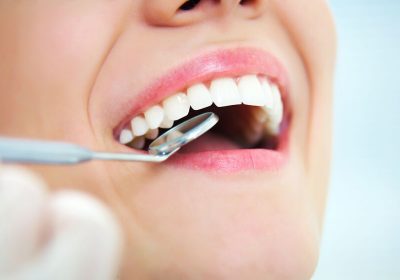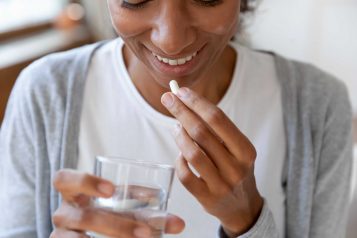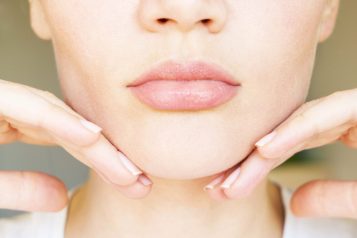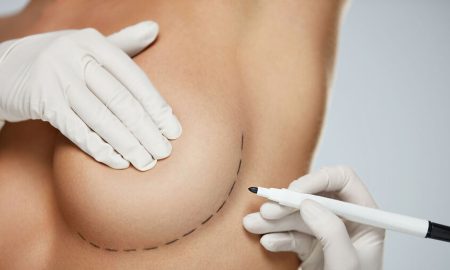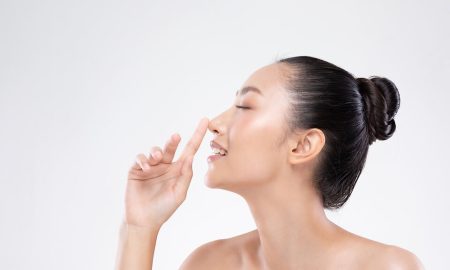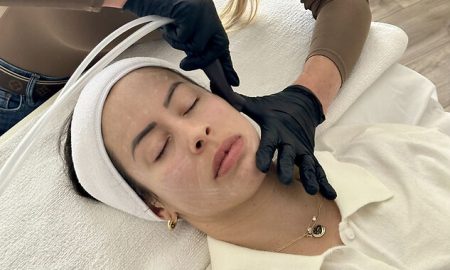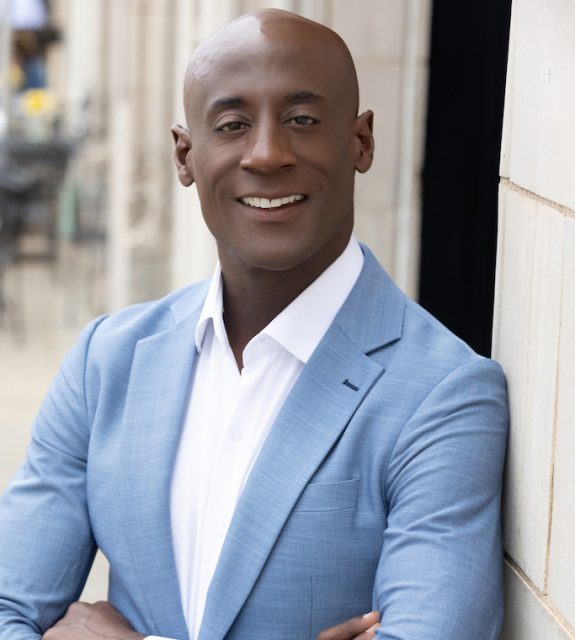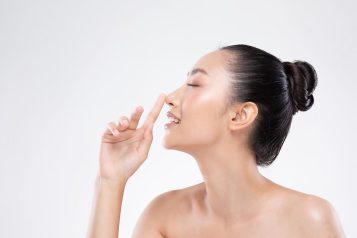Dr. Melissa Toyos is an oculofacial surgeon specializing in FUE (follicular unit extraction) hair and eyebrow transplantation, CO2 facial resurfacing, and sculpting faces with injectables. A summa cum laude graduate and board-certified Ophthalmologist, she is a partner at Toyos Clinic and formerly was a partner at one of the largest eye care practices in the country. Dr. Toyos is a national researcher and lecturer. She trains other doctors on surgical techniques as well as cosmetic procedures. Her clinical research has been instrumental in many FDA approvals. She is the former President of the Missouri Society of Eye Physicians and Surgeons. She has held various leadership positions with the AAO. Dr. Toyos has served as a mentor to young female surgeons, helping them understand how to balance a career and motherhood.

Topical Minoxidil or Rogaine is an over-the-counter mainstay of hair loss treatments approved for both men and women. Oral minoxidil has been used mainly for difficult-to-treat high blood pressure patients and is known to have the potential for serious side effects (headaches, ankle swelling, increased facial and body hair and rashes). Here Haute Beauty expert Dr. Melissa Toyos reviews the top 3 instances where oral minoxidil may be a better choice for hair growth.
1. You don’t like the texture of your hair after applying the medicine.
Topical minoxidil comes in both a liquid and foam formula. A common complaint is the “crunchiness” of the foam or the residue of the liquid, because minoxidil isn’t well absorbed, hair experts add retinol or Vitamin A to double the effectiveness of topical minoxidil.
But, retinol is an oil and can make hair feel oily – something that doesn’t happen when people take a pill. That means the convenience of taking a pill often outweighs the hassle of applying messy topical medicine to the scalp twice daily. The liquid form of minoxidil also contains propylene glycol, which can cause contact dermatitis in some patients.
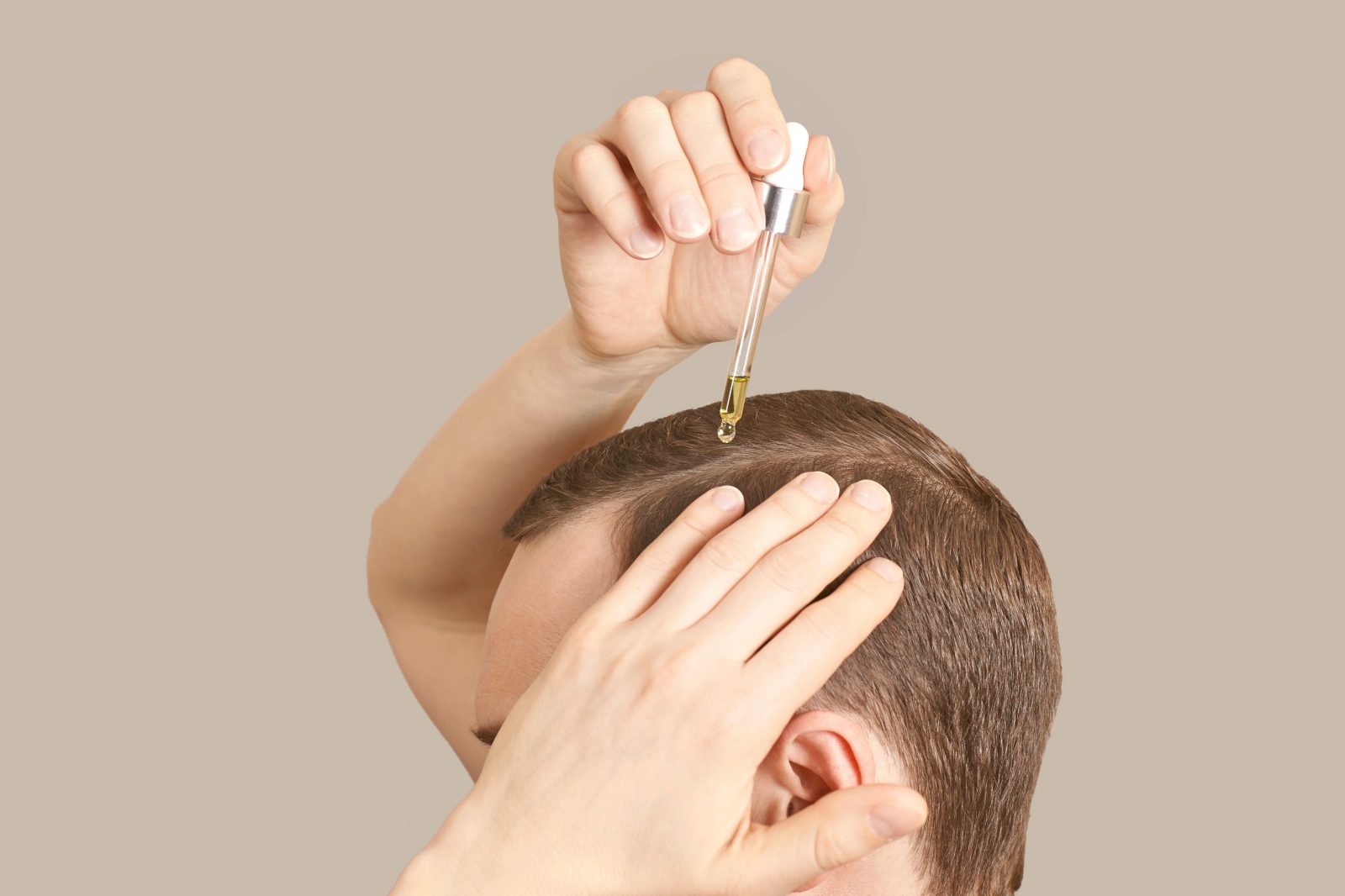
2. Topical minoxidil isn’t working for you.
An important enzyme in the scalp, sulfotransferase, influences how well (or not) topical minoxidil works. When you take oral minoxidil, it bypasses this scalp enzyme using the liver sulfotransferase, which results in a higher level of medication delivered to the hair follicles, giving you better results. If you’ve taken topical minoxidil diligently for six months and haven’t seen the results you want, you should consider switching to the oral form.
3. Oral minoxidil is an old drug and cheap.
One hundred tablets (over six months’ worth) can cost as little as twenty bucks. Topical minoxidil, on the other hand typically costs a hundred dollars for the same time period – unless you compound it with retinol and other medications to improve the efficacy – in this case, it can cost five hundred dollars or more.
The bottom line is that if prescribed appropriately, oral minoxidil can be cheaper, more convenient, and more effective than topical minoxidil. Side effects are minimal with the low doses prescribed for hair growth. The increased facial and body hair can be easily managed and most of my patients are happy to do it for the tradeoff of better hair. Call the Toyos Clinic Hair Restoration line today at 800.901.6638 for your free consultation in Memphis, Nashville and New York City.






